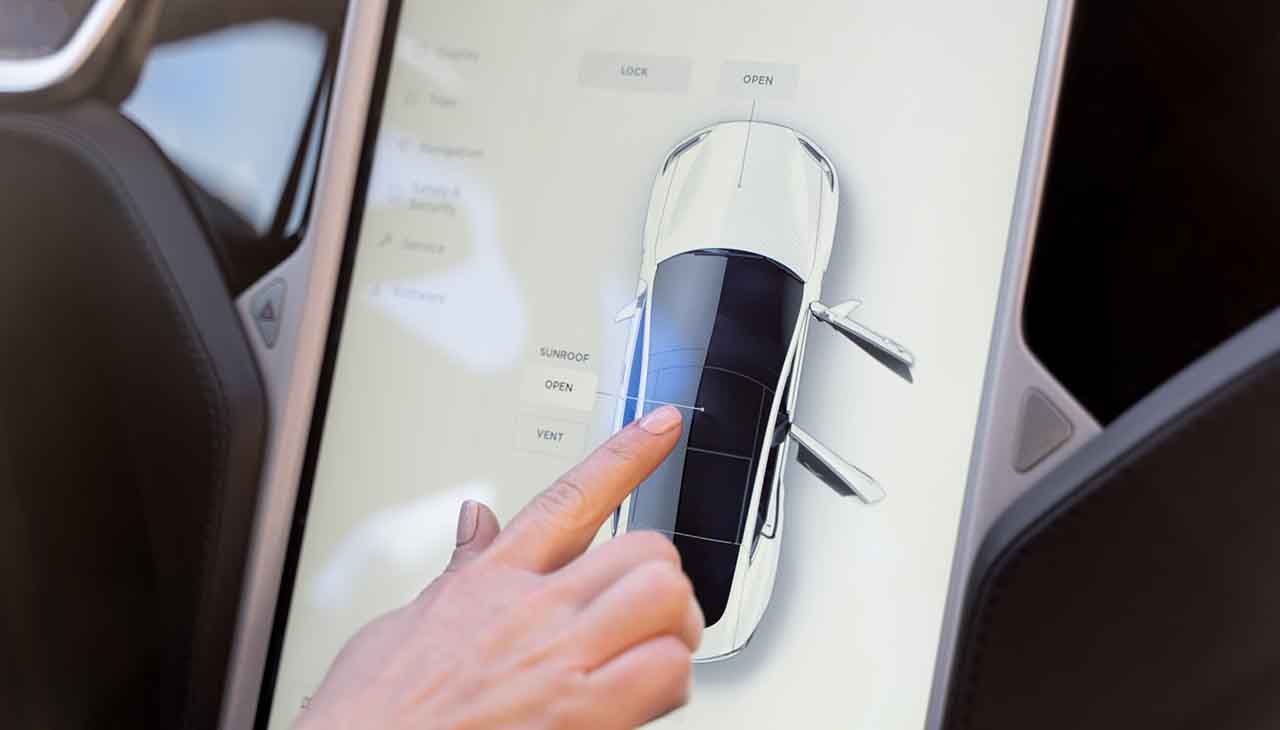Electric vehicles (EVs) are more than just a trend; they are the future of transportation. For eco-conscious consumers, tech enthusiasts, and potential future car buyers, the world of EVs holds a promise of sustainability, innovation, and practicality. This blog post aims to provide a comprehensive overview of what to expect in the next decade for electric vehicles. From technological advancements to environmental impacts, we’ll cover it all.
The Electric Revolution Today
The world is witnessing a seismic shift towards sustainable transportation. Electric vehicles, which were once niche and largely impractical for the average consumer, have now entered the mainstream. With governments around the globe setting ambitious targets for reducing carbon emissions, the demand for EVs has skyrocketed.
In the last decade, the EV market has expanded exponentially. Major automotive companies have either introduced or announced plans for electric models, and startups dedicated solely to EVs are emerging rapidly. This growth isn’t just a flash in the pan; it’s indicative of a broader move towards sustainable and eco-friendly transportation solutions.
Technological Advancements Over the Past Decade
Battery Technology
One of the most significant advancements in EV technology has been in battery development. A decade ago, range anxiety was a considerable barrier to adoption. Today, improvements in lithium-ion batteries have increased energy density, allowing modern EVs to travel further on a single charge.
Charging Infrastructure
Charging infrastructure has also seen dramatic improvements. Public charging stations are becoming more widespread, and advancements in home charging solutions make owning an EV more convenient. Fast-charging technology has drastically reduced the time it takes to recharge an electric vehicle, making long-distance travel more feasible.
Integration with Smart Technology
Modern electric vehicles are often integrated with smart technology, offering features such as remote diagnostics, over-the-air updates, and even integration with smart home systems. This interconnectedness not only enhances user experience but also contributes to the overall efficiency and reliability of the vehicle.
Environmental and Economic Benefits
Reduced Carbon Footprint
The primary environmental benefit of electric vehicles is their potential to reduce carbon emissions. Unlike traditional internal combustion engine vehicles, EVs produce zero tailpipe emissions. This reduction in greenhouse gases is crucial for combating climate change and improving air quality.
Cost Savings for Consumers
While the upfront cost of an electric vehicle can be higher than that of a traditional car, the long-term savings are substantial. EV owners benefit from lower fuel costs, reduced maintenance expenses, and various government incentives. Over time, these savings can offset the initial investment, making electric vehicles a financially wise choice.
Positive Impact on Public Health
Reduced emissions from electric vehicles contribute to better air quality, which has direct benefits for public health. Fewer pollutants in the air mean fewer respiratory and cardiovascular issues, leading to overall healthier communities.
Predictions for the Next Decade
Improved Range and Efficiency
Continued advancements in battery technology are expected to further increase the range and efficiency of electric vehicles. New materials and innovations in battery design promise to deliver longer-lasting and quicker-charging batteries.
Autonomous Electric Vehicles
The future of transportation is not just electric; it’s also autonomous. Companies like Tesla and Waymo are already making strides in self-driving technology. Over the next decade, we can expect to see more autonomous electric vehicles on the road, revolutionizing the way we think about driving.
Enhanced User Experience
The integration of artificial intelligence and machine learning will enhance the user experience of electric vehicles. Features like predictive maintenance, personalized settings, and improved navigation systems will make EVs more user-friendly and efficient.
Challenges and Opportunities
Affordability
One of the significant challenges in the mass adoption of electric vehicles is affordability. While prices are gradually decreasing, EVs are still more expensive than their gasoline counterparts. However, economies of scale and advancements in technology are expected to bring down costs further, making EVs accessible to a broader audience.
Infrastructure Development
The development of charging infrastructure is both a challenge and an opportunity. While significant progress has been made, there is still a need for more charging stations, particularly in rural and underserved areas. Government and private sector initiatives will play a crucial role in addressing this issue.
Government Initiatives and Policies
Government policies and incentives are pivotal in accelerating the adoption of electric vehicles. Subsidies, tax breaks, and stringent emission regulations will encourage consumers and manufacturers to shift towards electric mobility. Countries like Norway and the Netherlands are leading by example, offering substantial incentives for EV buyers.
Case Studies of Leading EV Manufacturers
Tesla
Tesla has been at the forefront of the electric vehicle revolution. Its focus on innovation, performance, and sustainability has set high standards for the industry. Models like the Model S and Model 3 have revolutionized the market, offering impressive range and advanced autonomous features.
Nissan
Nissan’s Leaf was one of the early players in the electric vehicle market, and it continues to be a popular choice. The Leaf’s affordability and practical range make it an appealing option for many consumers, showcasing how traditional automakers can successfully transition to electric vehicles.
Rivian
Rivian, a newcomer in the EV space, has garnered attention with its focus on electric adventure vehicles. Rivian’s R1T and R1S models are designed for off-road capabilities, expanding the appeal of electric vehicles to outdoor enthusiasts.
Preparing for the Future of Electric Vehicles
Understanding Charging Options
One of the key aspects of owning an electric vehicle is understanding the various charging options available. From home chargers to public fast-charging stations, knowing how and where to charge your EV is crucial for a seamless experience.
Selecting the Right EV for Your Lifestyle
Choosing the right electric vehicle depends on your specific needs and lifestyle. Factors like range, charging availability, and intended use should guide your decision. Researching different models and test-driving a few can help you make an informed choice.
Staying Informed and Engaged
The electric vehicle landscape is constantly evolving, with new technologies and models being introduced regularly. Staying informed through industry news, forums, and community events can help you keep up with the latest developments and make the most of your EV ownership.
Conclusion
The next decade promises to be an exciting time for electric vehicles. With advancements in technology, increased affordability, and growing infrastructure, EVs are set to become a common sight on our roads. For eco-conscious consumers, tech enthusiasts, and future car buyers, now is the perfect time to explore the world of electric vehicles and be part of the movement towards a more sustainable future.
Ready to join the electric revolution? Start exploring your options and take the first step towards a greener, smarter, and more efficient way of driving. The future of transportation is electric, and it’s waiting for you.

